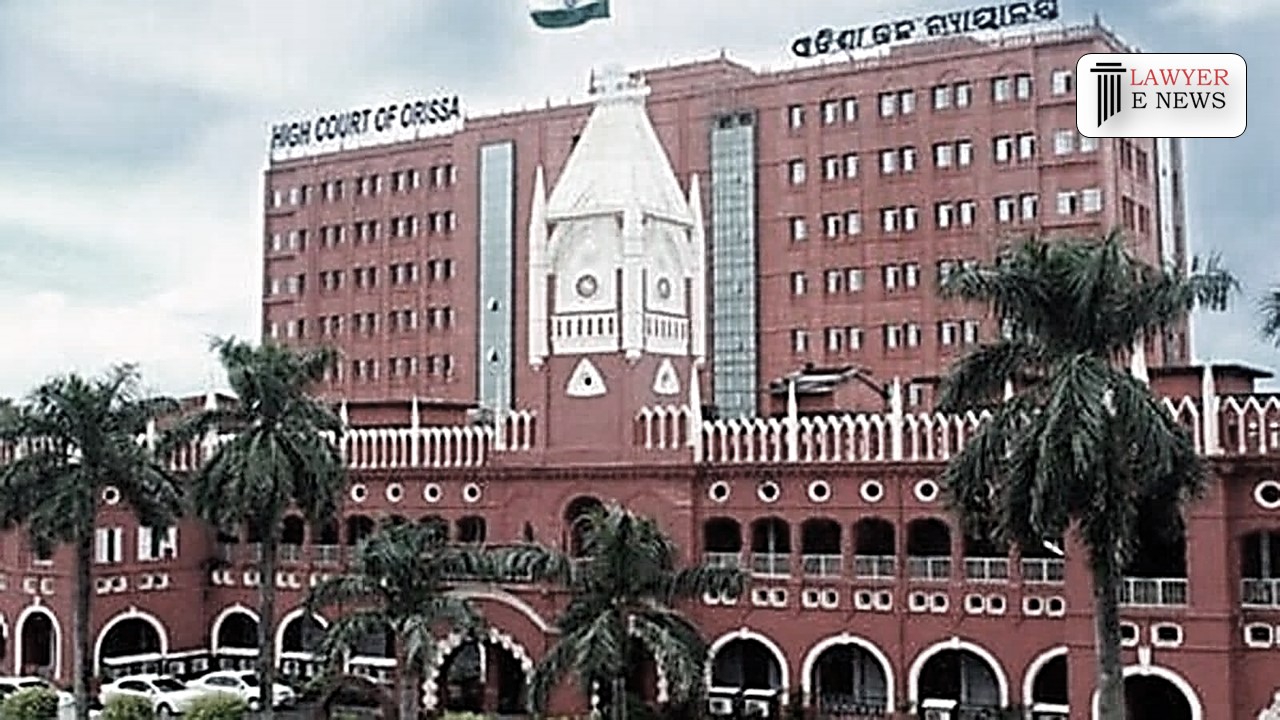-
by sayum
19 February 2026 7:26 AM



Cutack, May 11, 2023: The High Court of Orissa delivered a significant judgment today in a batch of writ appeals, wherein it addressed the issue of granting promotions to government servants during the pendency of criminal cases against them. The order, numbered 11 and dated May 11, 2023, sets aside the orders of the learned Single Judge that directed the State of Odisha to grant promotions subject to the outcome of the criminal proceedings.
The court considered a common question that arose in all the appeals, namely, whether government servants could be granted ad hoc or regular promotions while criminal cases against them were still pending. It noted that the criminal cases were at various stages in the Court of the Special Judge (Vigilance) and that departmental proceedings were also pending in some cases.
The court observed that except in one appeal, the impugned orders were passed by the learned Single Judge on the first date of hearing without allowing the State of Odisha to file its reply. After hearing the arguments of the parties, the court examined various Office Memoranda (OMs) and Notifications issued by the Government of Odisha, which did not permit or envisage promotions during the pendency of criminal cases involving government servants.
Referring to legal precedents, including judgments of the Supreme Court, the court held that government servants do not have a right to be considered for promotion during the pendency of departmental or criminal proceedings. The plea for granting ad hoc promotions to the respondents was also rejected by the court, as it found no legal basis for such a request.
The court clarified that if a government servant is acquitted in the criminal proceedings and exonerated in the departmental proceedings, the notional benefits of the promotion due to the employee will be calculated, and the pension will be fixed accordingly. It further noted that the respondents could request the criminal courts to expedite the proceedings and bring the trials to an early conclusion.
Consequently, the court set aside the impugned orders of the learned Single Judge, as they directed the State of Odisha to grant promotions to the respondents subject to the outcome of the criminal cases. The writ appeals were allowed, and no costs were imposed.
This judgment has significant implications for the promotion policies concerning government servants facing criminal charges in the state of Odisha. The court's ruling clarifies the legal position that promotions cannot be granted during the pendency of criminal cases, emphasizing the importance of completing the criminal proceedings and departmental proceedings before considering promotions.
May 11, 2023:
State of Odisha and Another vs Joseph Barik
